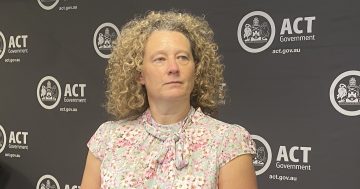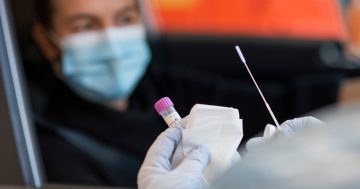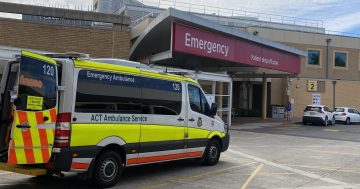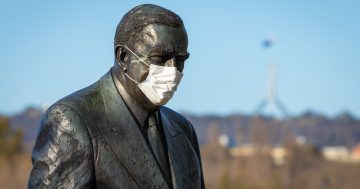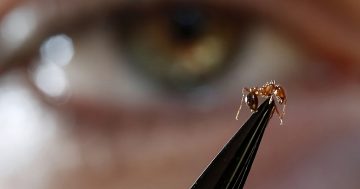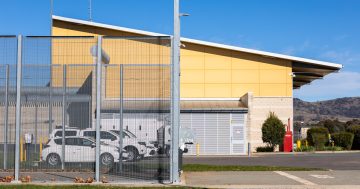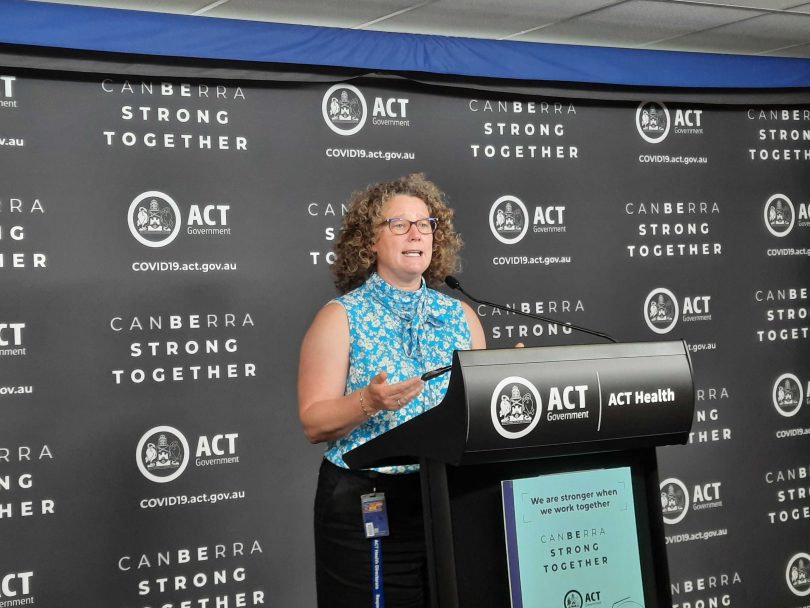
Dr Kerryn Coleman says the risk is manageable. Photos: Ian Bushnell.
The ACT has eased travel restrictions from some COVID-19 affected areas of NSW, but large areas of Sydney are still considered ‘hotspots’.
NSW has recorded five new local coronavirus cases, including two people on the northern beaches and one person linked to the Berala cluster.
ACT Chief Health Officer Dr Kerryn Coleman acknowledged that the changes would increase the risk of cases in the ACT but said that risk was manageable.
From 3:00 pm today, the Central Coast and Wollongong have been removed from the list of COVID-19 affected areas in NSW, as have some areas of Greater Sydney.
People currently in quarantine in the ACT who recently arrived from those areas will no longer be required to quarantine, and they are being informed of this change via SMS and email from ACT Health.
Restrictions remain in place for certain areas of Western and South-western Sydney which pose the highest risk of COVID-19 transmission.
ACT residents and non-residents who have been in these 11 Local Government Areas at any time in the past 14 days will need to complete their quarantine period, and will also be updated by SMS.
The 11 specific Local Government Areas (LGAs) are the Northern Beaches, Blacktown City, Burwood, Canada Bay City, Canterbury-Bankstown, Cumberland, Fairfield City, Inner West, Liverpool City, Paramatta City and Strathfield Municipality.
ACT residents can return to the Territory but will need to notify ACT Health via its online declaration form and enter quarantine for 14 days.
Non-ACT residents will require a valid exemption to visit the Territory.
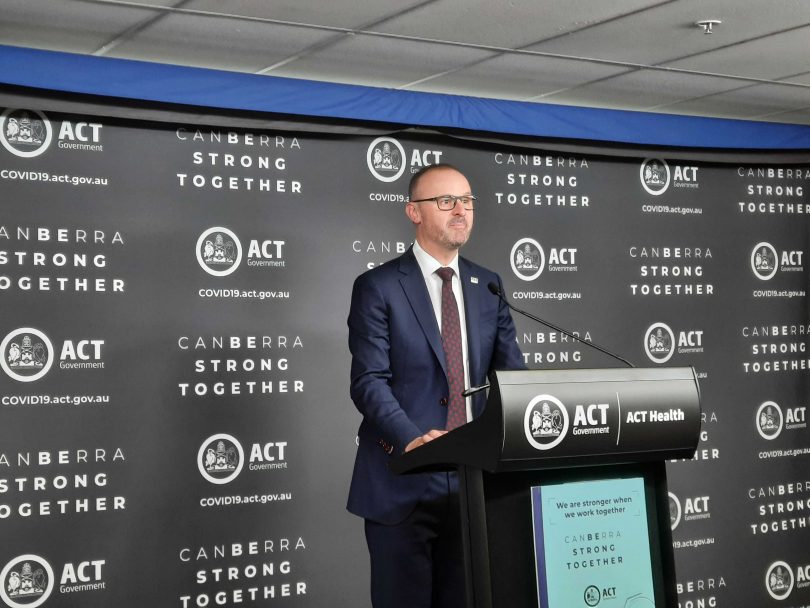
Chief Minister Andrew Barr says travel restrictions are a fact of life in 2021.
Dr Coleman said the situation in NSW had stabilised somewhat but was being monitored daily, and the current restrictions will be reassessed on 19 January.
She said that while removing some areas from the Public Health Direction was a positive step forward, it was not a sign to start lowering our guard.
She attributed the small number of transmissions to people responding to the health messaging and early identification of any cases that emerge.
Chief Minister Andrew Barr warned that outbreaks could pop up anywhere and anytime in Australia and travellers needed to be aware that they could be subject to travel restrictions and border closures.
”This is a fact of life in Australia in 2021,” he said.
He said measures in the ACT were proportionate and would continue to evolve.
Mr Barr would not buy into the border wars between NSW and WA.
“I’m not in the business of taking potshots at other jurisdictions,” he said.
He acknowledged that the greatest risk was from Australians returning from overseas. He said Australia did not have the infrastructure to quarantine them outside the capital cities in remote locations, apart from Howard Springs in the Northern Territory.
The ACT has had no new cases in the past 24 hours and there are no active cases in the ACT.
People are advised to continue to monitor NSW Health if they have been to a COVID-19 affected area in NSW and follow their advice.
For more information, visit covid19.act.gov.au/community/travel.












